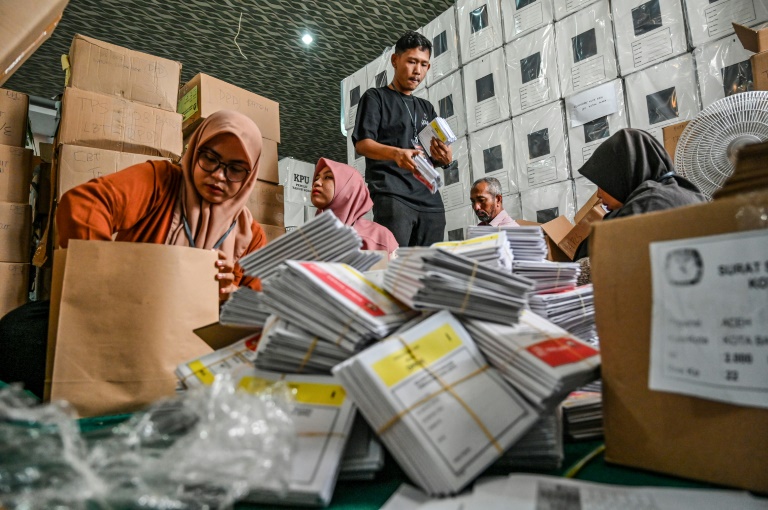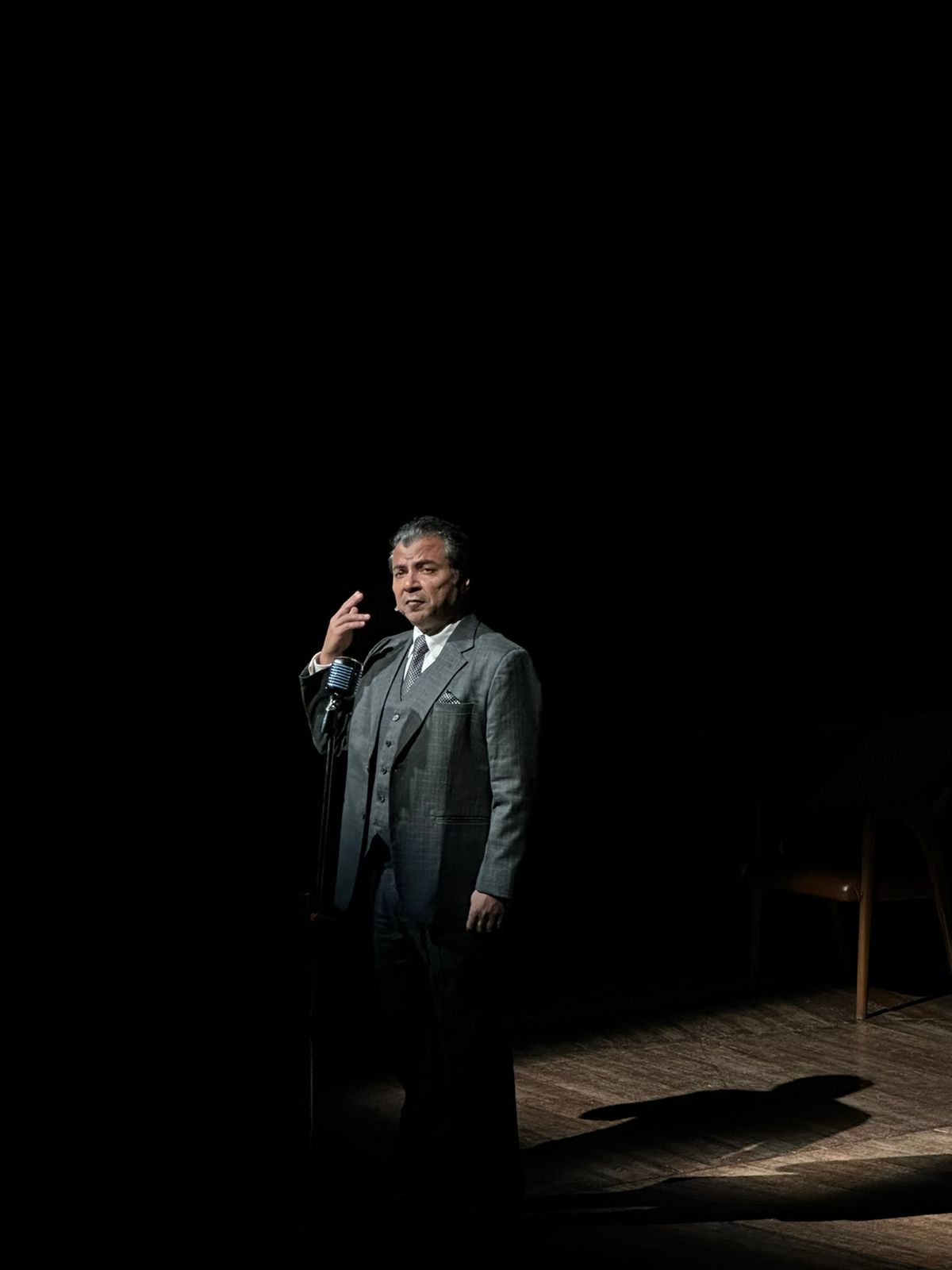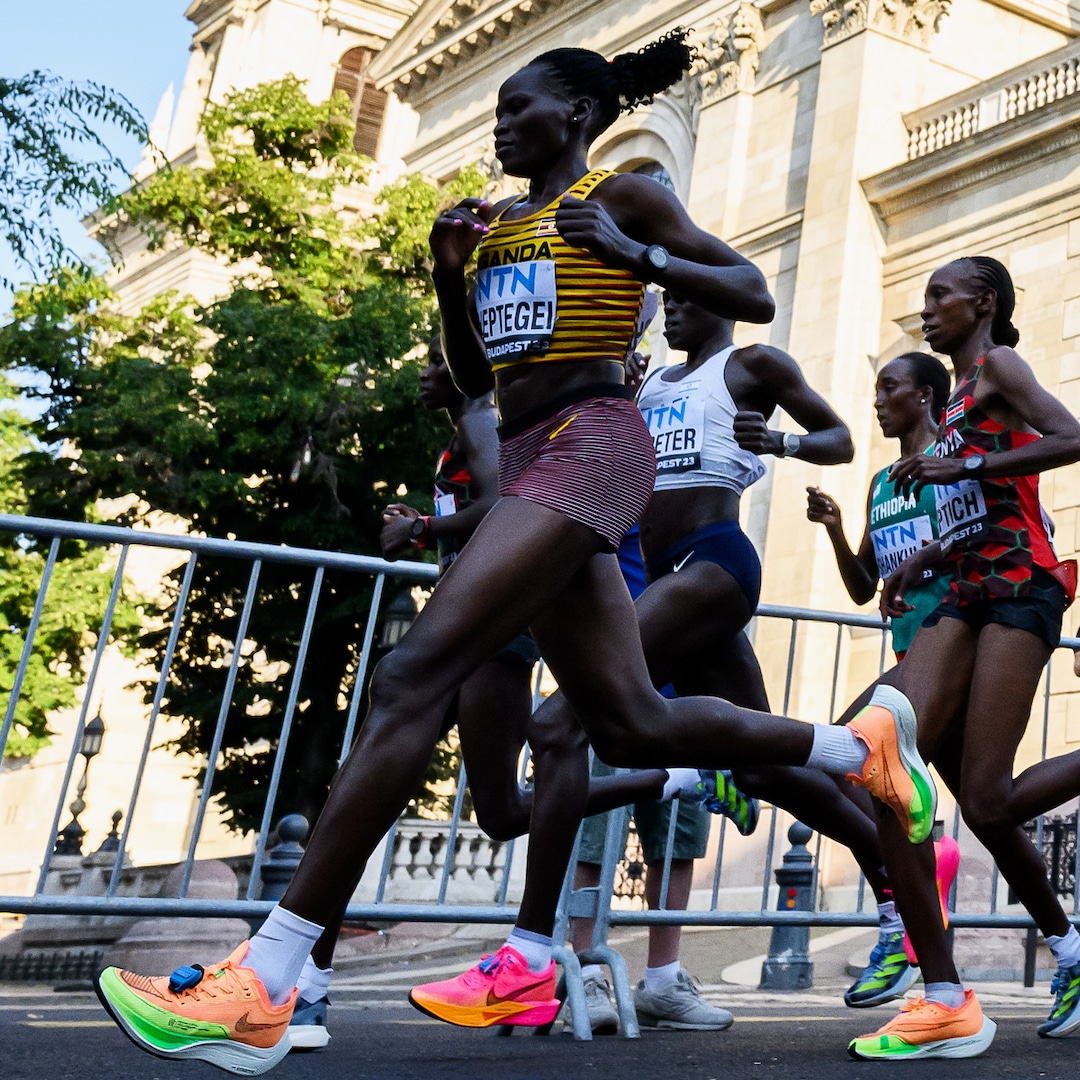Indonesia will hold one of the world’s biggest one-day elections next week — a mind-boggling feat that involves shifting votes by boat, plane and horseback across the vast archipelago of more than 278 million people.
On Wednesday, nearly 205 million will be eligible to vote in presidential, parliamentary and regional polls in just six hours of voting, with officials preparing for possible rainy season downpours, cyber-attacks and fraud.
The election will be held across three timezones, beginning in easternmost province Papua where rebels are waging a deadly insurgency against the military.
Behind India and the United States, Indonesia is the world’s third-largest democracy.
It is only the fifth presidential election since the country emerged from autocratic rule less than three decades ago.
“The logistics distribution and the voting will happen in the rainy season,” general election commission chairman Hasyim Asyari told reporters last year.
“We hope the worst won’t happen.”
Defence Minister Prabowo Subianto is running against former Jakarta governor Anies Baswedan and former Central Java governor Ganjar Pranowo for the top office.
Beneath them, more than 19,000 seats will be up for grabs in around 2,700 electoral districts for the regional vote, while 580 parliamentary seats will be contested by 18 parties.
Thousands of volunteers have been called on to organise ballot papers, and 800,000 polling stations will be manned by more than five million volunteers.
Around 1.7 million overseas voters have already started casting their ballots.
Officials have been distributing ballot boxes under armed guard to every corner of the 5,000-kilometre-long (3,106-mile-long) archipelago that is home to hundreds of ethnic groups and languages.
In Sumatra’s Aceh province, a provincial election official told AFP organisers were still deciding whether to use elephants to carry ballot boxes again after commandeering several tuskers for the task in the 2019 election.
Horses will be used in a southeast corner of Java island, where officials have prepared at least three trusty stallions to bring ballots to a remote village of just 160 people in case of bad weather.
“The road is very difficult to reach so we have to use the horses,” said Ahmad Hanafi, spokesperson for a local election commission in East Java.
In Lampung province on Sumatra island, cows will be used in at least four villages to drag votes through mud tracks to and from polling stations, local election commission head Marlini, who like many Indonesians goes by one name, told AFP.
“The logistics will be distributed by a cart pulled by a cow. This is the only possible mode of transportation we can use,” she said.
Speedboats will take ballots from Jakarta to islands off the Javan coast, while the military said warships have been enlisted to help deliver ballots.
The risk of flooding is high, with more than 2,000 polling booths vulnerable in capital Jakarta alone, according to authorities.
The megalopolis’ election authorities have mooted relocating polls to higher ground, using mobile pumps or even rubber boats. They will also wrap ballots in plastic for protection.
The fears are not unfounded. In neighbouring Banten province last month, a storage facility was inundated by heavy rain, causing hundreds of ballots to be destroyed.
In Papua, security will be tight in mountainous areas as separatists continue to carry out attacks against government employees and civilians.
But armed rebels will not be the only election challenge in Papua, which shares an island border with independent Papua New Guinea.
Voters in remote areas of the mineral-rich region will use a communal voting system called Noken, in which a village head represents his community at the ballot box.
It is a challenge to the concept of direct voting, and local officials have said the system is fraud-prone, in a country where vote buying is already rife.
“People can’t really say anything, they might have a different choice but… the village uses the ‘one command’ system,” said Papua cultural expert Marshall Suebu.
Elsewhere the country’s elite counter-terror unit has arrested dozens of suspects accused of plotting to disrupt the vote.
The country’s cyber security agency has created an election task force to protect the vote against hacking.
Several data leaks including at the Indonesian election commission have caused concern among experts, but officials say they are confident the vote will proceed smoothly.
“The attacks will not decrease,” cyber agency spokesperson Ariandi Putra told reporters last year.
“What matters is how we capitalise so the attacks do not become incidents.”
AFP

AFP






